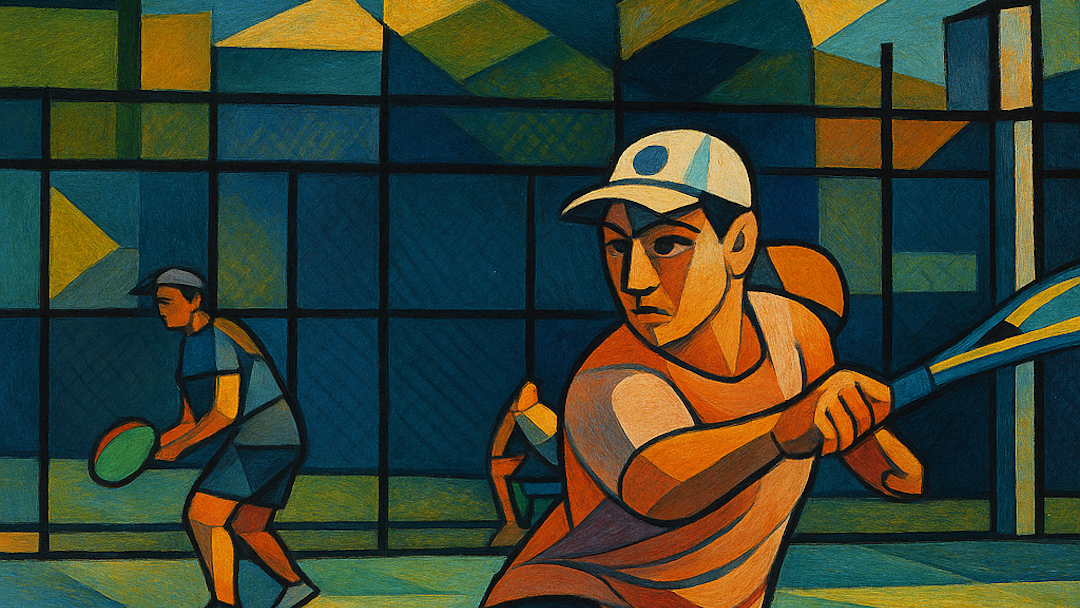Following his recent conviction for hiding assets during bankruptcy proceedings, a British tabloid reported that Boris Becker will be writing a book to stave off boredom during his 30 month incarceration. Additionally, a source claims that “It’ll be a warts-and-all diary on how he got himself in such a troubling position and then what life is like in jail.” The apparent forthcoming book will not be the first authored by Becker. He originally published an autobiography in 2004.
When Boris Becker: The Player was originally released, it was also billed as a “tell all” book about his career. It came out approximately five years after his retirement from professional tennis.
The defining moment in Becker’s career was winning Wimbledon when he was only 17 years old. The sudden wealth and fame shaped his future maturity and emotional development. Becker himself wondered how his life would have turned out if he had experienced his first Championship as a 24 year old in The Player. His self portrait is one of a man perpetually stuck with the mentality of a teenaged boy.
Becker documents his long stream of coaches and coaching changes in The Player. An early chapter in the book, penned by his long time manager Ion Tiriac, portrays Becker as an immense talent that refused to work very hard. Becker himself pushes back on that idea by claiming that he was capable of working hard and that his titles came after those short bursts of effort. The irony that it simply proves Tiriac’s perception escaped Becker’s self-awareness as reflected in this book.
Nick Bollettieri is included in that list of coaches, a fact that I either forgot or was never aware of. On that coaching relationship, Becker writes that Bollettieri never really helped him because his idea of training was a daily regimented schedule of activities, that he clearly didn’t need since he was a “professional.” Once again that unintentionally proves Tiriac’s point.
Becker was already familiar with legal battles when The Player was written. He was convicted and fined for tax evasion in Germany in 2002 and had endured a contentious (and costly) divorce in 2001. His wife, Barbara Feltus claims that what precipitated the divorce was discovery that Becker had fathered a child out of wedlock while she was pregnant with their second child. Becker weaves a different narrative and claims that the marriage had not failed due to his infidelities or that “baby in London.”
In an apparent attempt to make the book more marketable, Becker dished some dirt on other players of his generation. Those instances were brief mentions absent substantiating details. He also mentioned Andre Agassi in that vein, perhaps because the press desperately wanted to paint them as rivals. Agassi’s own book “Open” describes the relationship between the two men with a much greater depth and candor than Becker’s superficial treatment.
When Becker’s forthcoming new autobiography is published, presumably once his current incarceration ends, I will surely be one of the first to read and review it. What I will be particularly looking for is whether he has matured since the original account of his life was published.
Boris Becker: The Player accepts and acknowledges some of the inconvenient truths of Becker’s life and actions. From that point, he spins a narrative on how he is misunderstood and that none of it was his fault. The forthcoming book gives Becker a chance to accept accountability and reflect a higher degree of self-awareness. There is none of that in this book, but it is still an interesting read.
 | Boris Becker – The Player (Autobiography) |
- Jailed tennis star Boris Becker is planning a ‘warts and all’ book on his fall from grace, Isaac Crown, The Sun (UK), May 21, 2022.



